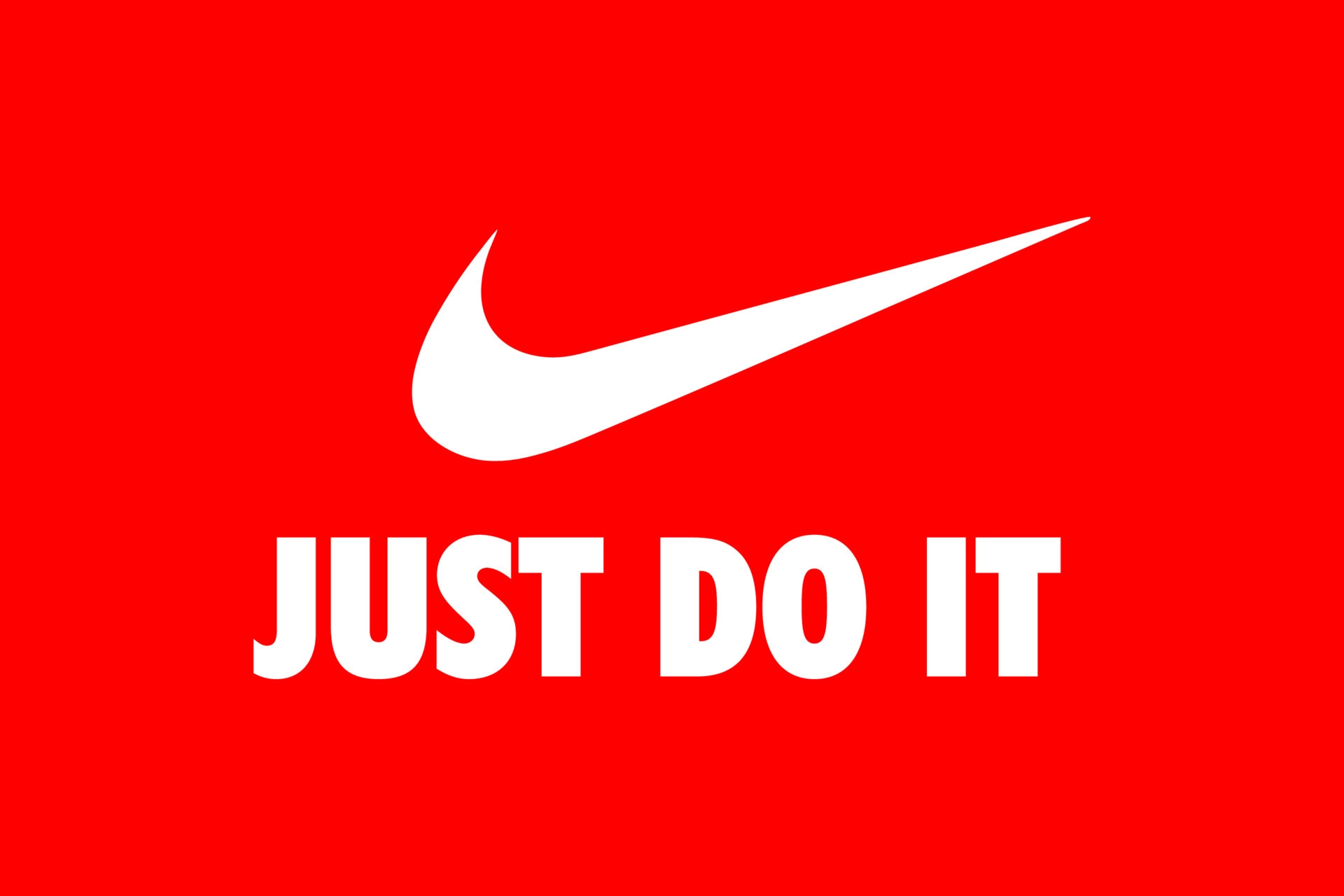How to Get Things Done

Getting What You Want
How to stop screwing yourself over | Mel Robbins | TEDxSF - YouTube
- A third of Americans feel dissatisfied with their lives
- Think about what you really want
- Be selfish, don’t worry about making it sound good to other people
- Getting what you want is simple. But not easy.
- Whatever you want, there are likely tons of books and/or resources from professionals that teach you the steps to get there
- So why don’t you have what you want?
- Answer: The word “fine” (As in: I’m doing fine)
- By using the word fine, you don’t have to do anything about your situation.
- You say “I’m fine” to yourself. You’ve convinced yourself that you’re fine not having what you want. AKA you’ve given up.
- The odds of you being born: 1 in 400 trillion!
- You have life changing ideas for a reason, and it’s not to torture yourself.
- Everyone has an “inner snooze button”
- Most people press snooze as the first decision they make in a day (go back to bed)
- In any area that you want to change: You are never going to feel like it.
- Scientists call this activation energy
- Try this: Tomorrow morning, set your alarm for 30 minutes earlier. When it rings, throw your sheets off, do NOT hit snooze, and start your day.
- Physical force is required to change your behavior.
- The first 3 seconds of getting out of your warm bed into a cold room suck, then the rest feels great!
- When you become 18, nobody tells you that it’s now your job to parent yourself.
- You need to do the shit that you don’t want to do.
- You’ll never feel like stopping/doing certain things. Your parents used to force you to do things. Now you need to force yourself.
- How to get what you want: You need to force yourself.
- Your brain has two speeds: Autopilot and emergency brake.
- Anytime you do something that differs from your normal routine causes you to pull the emergency brake.
- Anything that’s a break from your routine will require force.
- We strive to make routines, then we get bored of them.
- Hierarchy of needs: Your body has basic needs, and is wired to send signals when you don’t meet them (think hunger, thirst, lust).
- When you feel stuck or dissatisfied, it’s a signal that your most basic need for exploration and growth is not being met.
- Force yourself out of your head, past your feelings, outside your comfort zone.
- Your feelings are screwing you! If you listen to how you feel when it comes to what you want, you won’t get it, because you’ll never feel like it.
- Not really taking risks, just getting outside your comfort zone: Doing something you normally wouldn’t do.
- When you had the impulse to do something, but you didn’t do the activation energy required to force yourself, your emergency brake got pulled.
- 5 second rule: If you get an impulse to do something, but don’t do some physical act following that impulse within 5 seconds, you kill that idea.
- Ex: You see somebody that’s interesting? Walk over there (within 5 seconds)!
Procrastination
The ONLY way to stop procrastinating | Mel Robbins
- Procrastination is a form of stress relief.
- You are not a procrastinator. You have a habit of procrastinating.
- Habits have:
- A trigger = Stress
- A pattern you repeat = Avoid doing something
- A reward = Some stress relief
- Steps to take when you notice the habit of procrastinating:
- Acknowledge your stress.
- Count from 5 to 0.
- Work for just 5 minutes.
- The only way to break this habit is to change the pattern you repeat, since stress will always be there
- Notice the trigger, count to interrupt the habitual pattern, then just get started on the thing causing you stress.
- Research shows that when you just start, 80% of the time, you’ll keep going.
Writing-Specific
Writing Procrastination: Why You Procrastinate on Writing and How to Stop – Solving Procrastination
- Work in a shared space for peer pressure, accountability, and less distractions.
- You can revise anything (even if it seems “bad”) in less time than it takes to start from scratch.